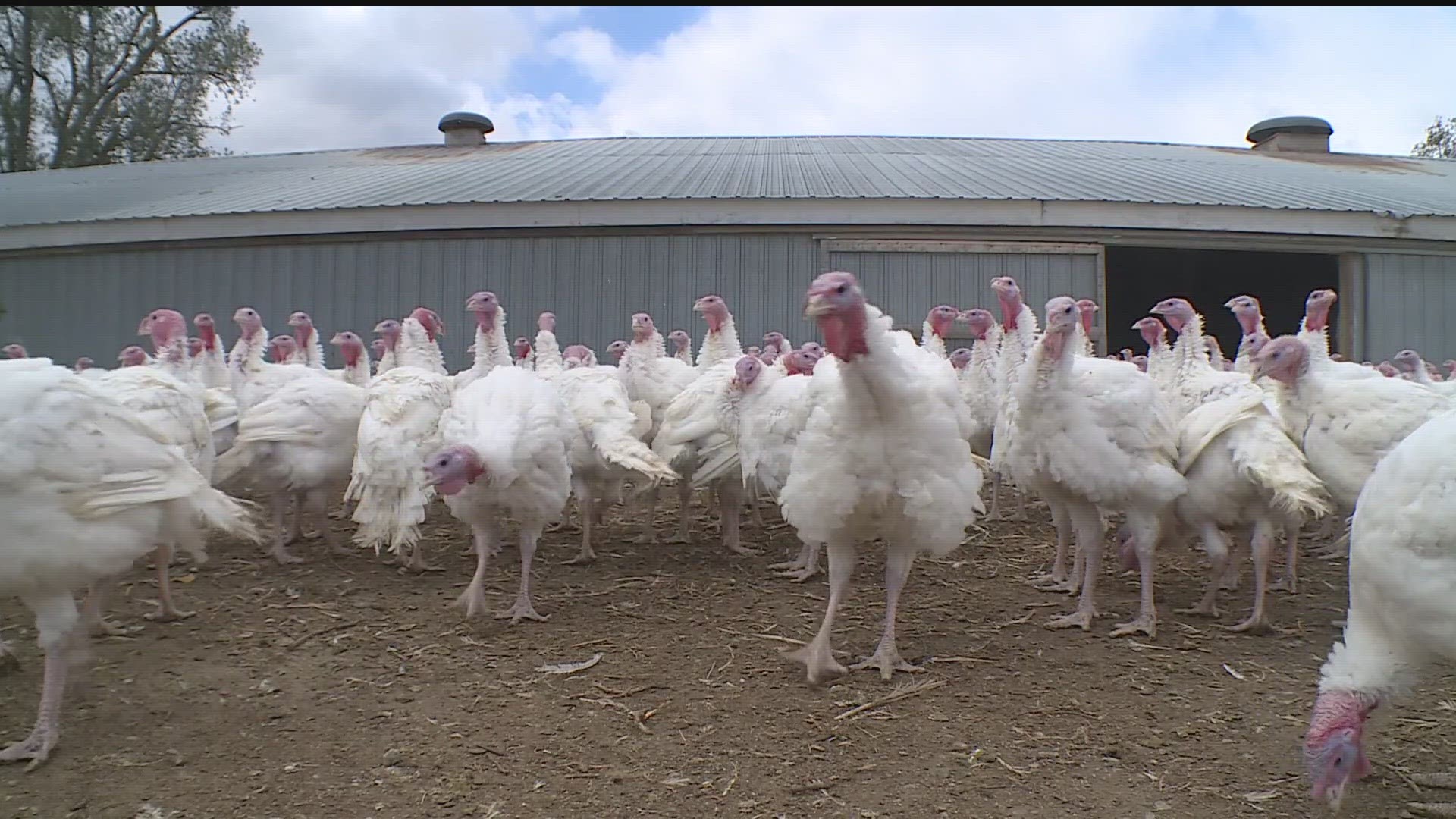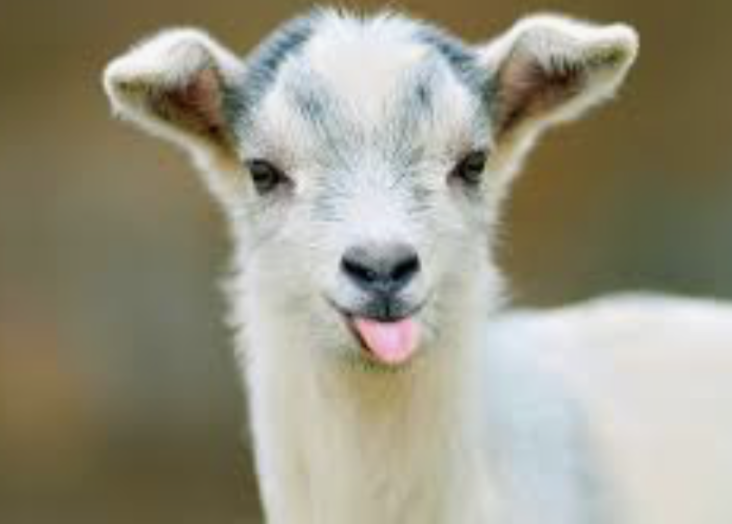

STEVENS COUNTY, Minnesota — Editor’s Note: This video was originally published Oct. 27, 2023.
A young goat in western Minnesota is now part of a groundbreaking case, considered the first domestic ruminant (cattle, sheep, goats and related animals) to test positive for the avian flu.
The Minnesota Board of Animal Health (MBAH) announced the case Wednesday, sharing that the juvenile goat lives on a farm with a poultry flock that was already quarantined after testing positive for Highly Pathogenic Avian Influenza (HPAI). After the goat was confirmed with HPAI in February, MBAH quarantined all other species on the premises. The board is now working with the U.S. Department of Agriculture (USDA) to investigate how the virus was transmitted.
“This finding is significant because, while the spring migration is definitely a higher risk transmission period for poultry, it highlights the possibility of the virus infecting other animals on farms with multiple species,” said State Veterinarian Dr. Brian Hoefs. “Thankfully, research to date has shown mammals appear to be dead-end hosts, which means they’re unlikely to spread HPAI further.”
The case came to light when the owner of the farm notified state animal officials of unusual deaths involving baby goats on the same property where a backyard poultry flock was put down due to an outbreak of HPAI. Investigators learned that the juvenile goats and the poultry flock shared the same living space, including a water source. A goat carcass was transported to the U of M Veterinary Diagnosis Lab, where it tested positive for the same strain of avian flu virus involved in a nationwide outbreak back in 2022.
State animal health officials say HPAI has been previously diagnosed in other mammals like skunks, dogs and cats. Animals with weakened or immature immune systems, like the goat kids in this case, are at higher risk of contracting disease.
Experts with MBAH say the risk of the public contracting the virus is extremely low and is limited to people in direct contact with infected animals. To date, no one in the United States has become ill following contact with mammals infected with HPAI.








